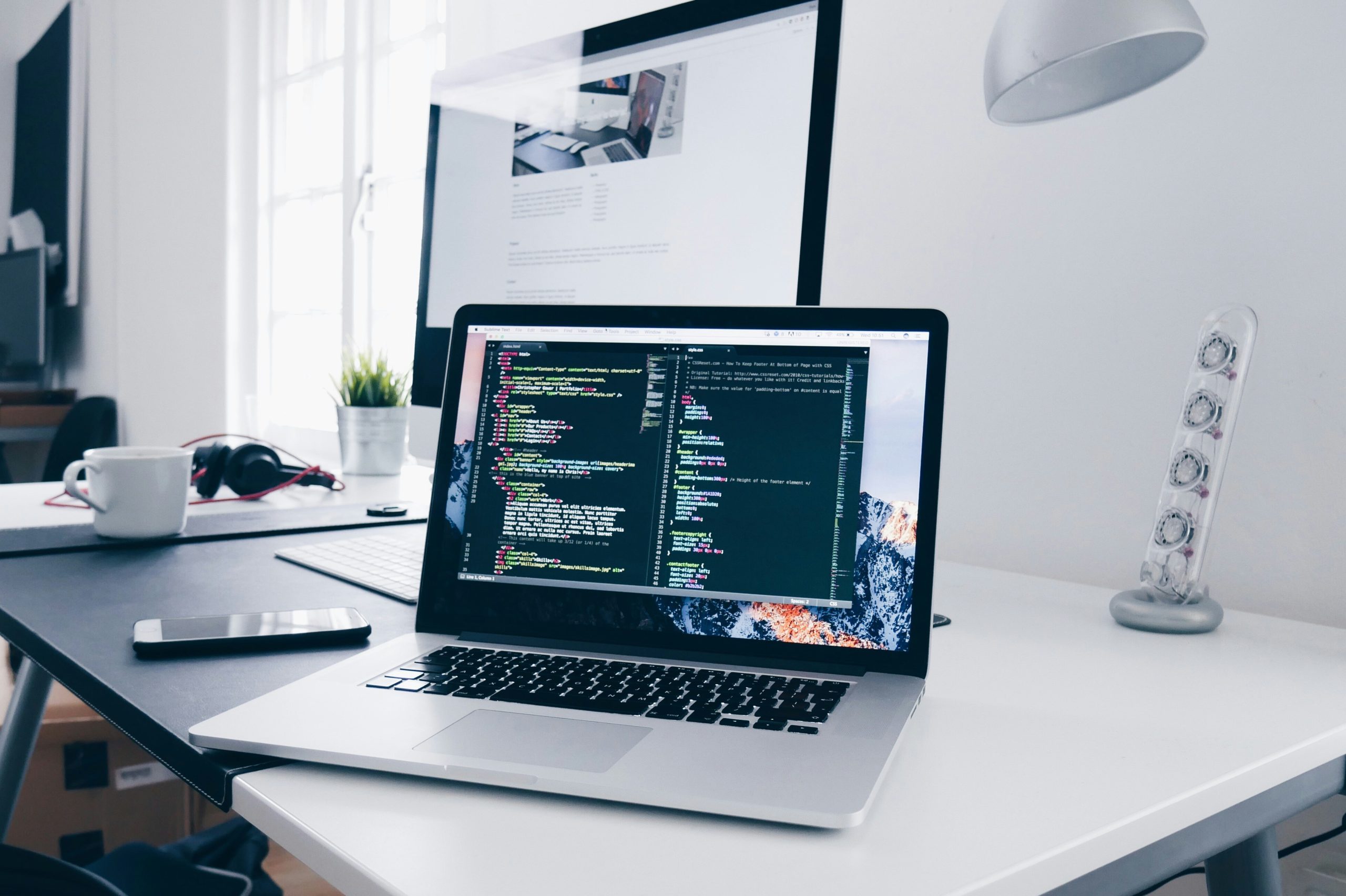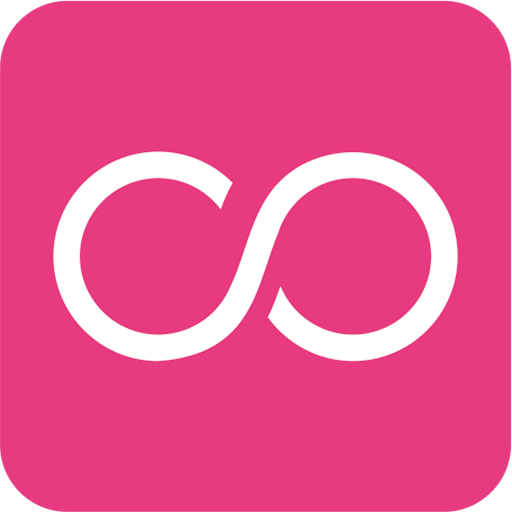So, you’ve decided to learn coding in 2025. That’s awesome! You don’t need any experience. Just a curious mind, a laptop or mobile device, and a bit of time each day. Coding might seem like magic right now, but guess what? You’re about to become the magician. 🎩✨
Why Should You Learn Coding?
Let’s start with a simple truth: technology runs the world today. And coding is the language of technology.
- Want to build apps? You’ll need code.
- Dream of making a game? Code.
- Like robots, websites, or smart homes? Yep, code again.
Learning to code helps you solve problems and boosts creativity. Employers love it too. Even if you don’t want to be a full-time developer, coding skills can give your career a serious glow-up. 🌟
Step 1: Pick a Programming Language
Don’t worry. You don’t have to learn them all. Start with just one. Here are some great beginner-friendly options:
- Python – Super simple to read. Great for beginners.
- JavaScript – Awesome for building websites.
- Scratch – A fun, visual way to begin coding. Perfect for kids or nervous starters.
Hot tip: Start with Python. It’s the most recommended language for beginners in 2025. You can do sooo many cool things with it – websites, games, data analysis, and even Artificial Intelligence. 🧠
Step 2: Get the Right Tools
You don’t need fancy gadgets. Here’s what to grab:
- A computer with internet connection (even an old laptop will do)
- A code editor like VS Code or use browser-based ones like Replit or Google Colab
- A browser like Chrome or Firefox
That’s it! No expensive software needed. Everything you need is free online.

Step 3: Follow a Beginner-Friendly Tutorial
Now it’s time for fun. Start learning bit by bit. These are some great, free beginner platforms:
- freeCodeCamp – Learn by doing small projects.
- Codecademy – Interactive lessons with instant feedback.
- Coursera – Full beginner courses, often free with certificates.
- YouTube – Search for “Learn Python for Beginners 2025.” Watch and code along.
Pro tip: Try a few platforms and stick with the one that feels the most fun for you.
Step 4: Practice Every Day (Even 15 Minutes Helps!)
Learning to code is like learning a new language. The more you practice, the better you get.
Make a habit:
- Code 15–30 minutes daily.
- Play small coding games like CodeCombat.
- Try solving puzzles on HackerRank or LeetCode.
Don’t stress mistakes. Mistakes are part of learning. If your code breaks, that’s AWESOME. Now you have something to figure out!
Step 5: Build Tiny Projects
Start simple. Build stuff that excites you. Here are a few ideas:
- A calculator
- A to-do list app
- A guessing game
Each tiny project you make is a confidence booster. Use GitHub (a free site for sharing code) to save your work and watch your progress.
Step 6: Join a Community
Coding doesn’t have to be lonely. Join online groups where new coders hang out:
- Reddit – r/learnprogramming
- Discord – Tons of beginner coding servers
- Stack Overflow – Ask and answer questions
- GitHub – See real-world code and contribute
Talking to others helps you stay motivated and learn faster. Plus, it’s fun!
Step 7: Learn a Bit of Web Development
Want to make your own website? You’re just three letters away: HTML, CSS, and JavaScript.
- HTML is the skeleton (like bones).
- CSS adds style and color (clothes and makeup).
- JavaScript makes it move and talk (brains!).
Try building your personal portfolio website with your name, photo, and a few projects you’ve done. 😍
Step 8: Stay Updated (It’s 2025!)
Tech changes fast. But don’t panic. Stay updated with small bites of info:
- Watch 5-minute YouTube updates
- Follow coding influencers on TikTok or Instagram
- Subscribe to newsletters like JavaScript Weekly or Python Weekly
You don’t have to learn everything. Just stay curious.
Step 9: Be Patient and Keep Going
You won’t master coding in one week. But with time, you will “get it.” Just keep going.
Remember these golden rules:
- Code a little every day
- Ask questions — it’s okay not to know things
- Make mistakes — they help you grow
- Celebrate your small wins
Bonus: Learn from AI Assistants
Hey, it’s 2025 — we’ve got AI tutors now!
Meet tools like:
- ChatGPT – Ask it to explain code or help you debug
- GitHub Copilot – Auto-completes your code as you type
- Replit Ghostwriter – Helps beginners code without confusion
You’re not alone. Use these tools like coding sidekicks. 🦸♀️🦸
Your First 30 Days Plan
Here’s a fun roadmap:
- Day 1–3: Choose a language (try Python!) and set up your tools
- Day 4–10: Do beginner coding lessons (use YouTube or Codecademy)
- Day 11–20: Build small projects like a calculator or quiz
- Day 21–30: Start learning HTML and CSS, make a simple webpage
End of 30 days = 🎉 you’re officially a coder!
Final Thoughts: You Can Totally Do This
Coding can seem hard at first, like learning how to ride a bike. But with practice, you’ll fly through those digital streets.
The tech world wants more creative thinkers like you. So grab that keyboard and get typing. Your first “Hello, World!” is just the beginning of an epic journey. 🌍🚀
You don’t need to be perfect. You just need to start. 👨💻👩💻

